Life, Earth And Space
-

Bordenstein honored by Genetics Society of America
The Genetics Society of America has recognized Seth Bordenstein, an evolutionary geneticist and microbiologist at Vanderbilt, for an initiative that brings real-world scientific research into middle school, high school and college biology classes. Read MoreFeb 27, 2020
-

Bangladesh collaboration offers lessons for facing rapid environmental changes
With a population of roughly 150 million people, the delta country of Bangladesh holds about half the population of the entire United States in an area the size of Louisiana, and exists under a near-constant risk of sea level rise and other dynamic climate changes. Read MoreFeb 24, 2020
-
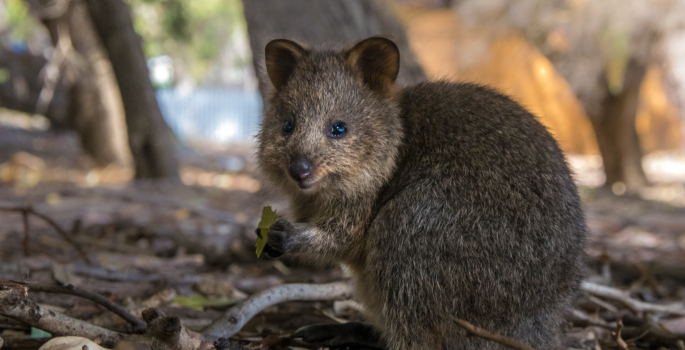
Where are the quokkas? New study explains what happened to the “happiest animal in the world”
The quokka, a small marsupial native to Australia, is an example of a species vulnerable to extinction in the country’s harsh surroundings. In a new study, researchers at Vanderbilt University demonstrate evidence for the dramatic decline of quokkas over the past century. Read MoreFeb 21, 2020
-
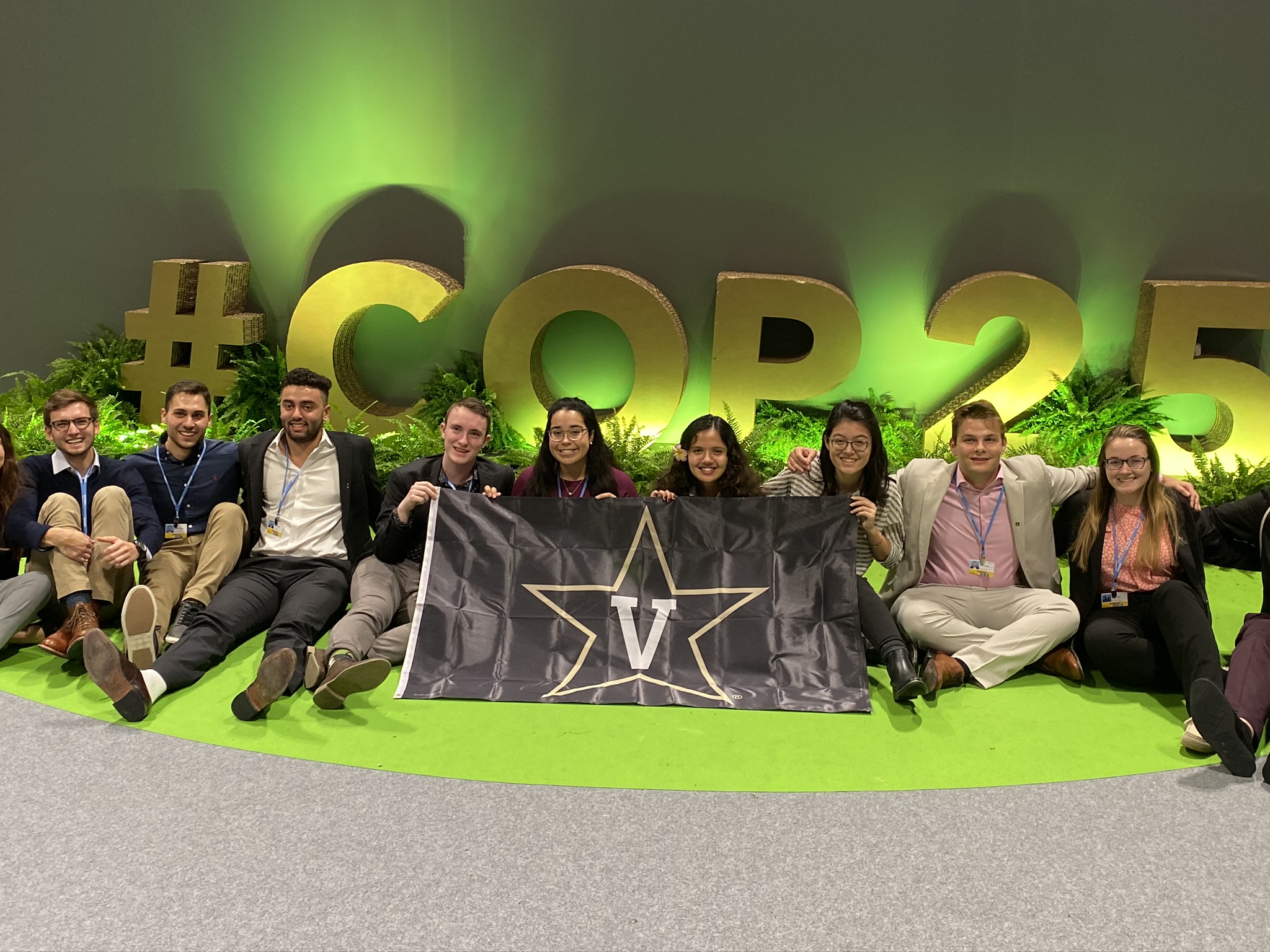
Students have front-row seat for international climate change negotiations
As part of its continuing commitment to understanding and combating climate change issues through education and action, Vanderbilt University is now an accredited, official observer of the United Nations Framework on Climate Change. Read MoreFeb 10, 2020
-
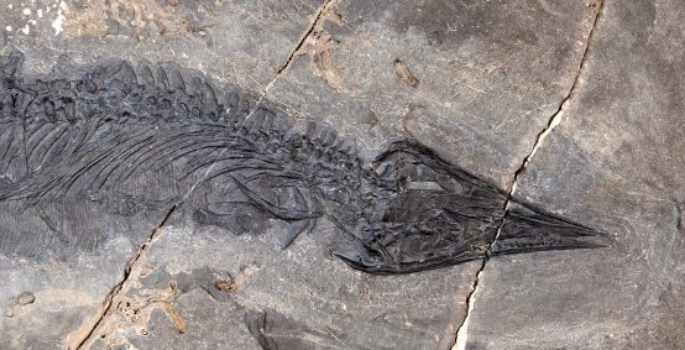
New thalattosaur species discovered in Southeast Alaska
Researchers at the University of Alaska Fairbanks and Vanderbilt University have identified a new species of thalattosaur, a marine reptile that lived more than 200 million years ago. Read MoreFeb 4, 2020
-
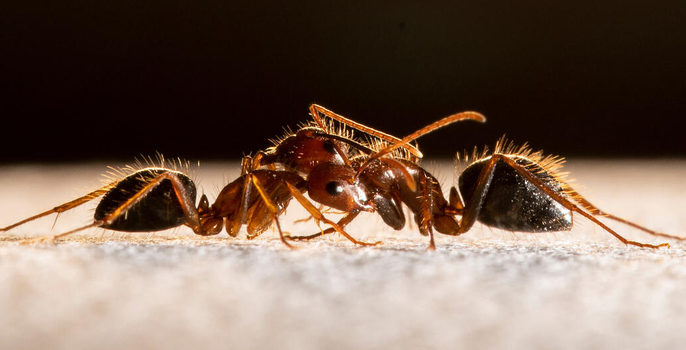
How ants get angry: Precise “lock and key” process regulates aggression, acceptance
In a new study, scientists at Vanderbilt report definitive evidence of a mechanism within ants that is responsible for unlocking aggression. The research—the first to pinpoint this mechanism and its precise role in ant biology—reports a social characteristic which could help account for their evolutionary success. Read MoreFeb 3, 2020
-
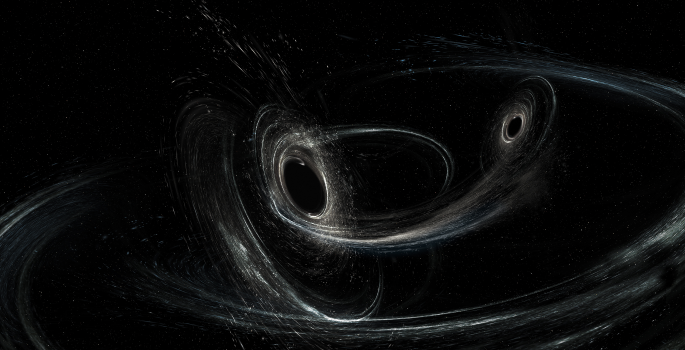
How many stars eventually collide as black holes? The universe has a budget for that.
A promising new study developed by one Vanderbilt astrophysicist may give us a method for finding the number of available stars in the history of the universe that collide as binary black holes. Read MoreJan 31, 2020
-

Experiments into amorphous carbon monolayer lend new evidence to physics debate, lay groundwork for future devices
A new study into two-dimensional amorphous carbon is providing answers to long-standing questions regarding the atomic makeup of bulk amorphous materials, opening the door to exciting device applications in the future. Read MoreJan 8, 2020
-

Seeing the unseen: Vanderbilt science hub helps set a standard for innovative microbiome research, education
The Vanderbilt Microbiome Initiative is receiving attention for its role as a standard bearer for other microbiome programs, thanks to a new article on the importance and emergence of microbiome centers – academic hubs of microbiome-related research. Read MoreDec 19, 2019
-

Ph.D. bridge programs show success in fostering diversity and inclusion, according to new study
A team of STEM researchers, including Vanderbilt astrophysicist Kelly Holley-Bockelmann, have published a new collaborative study on Ph.D. bridge programs as a mechanism to empower students, foster diversity and spur a more holistic approach to graduate education. Read MoreDec 6, 2019
-
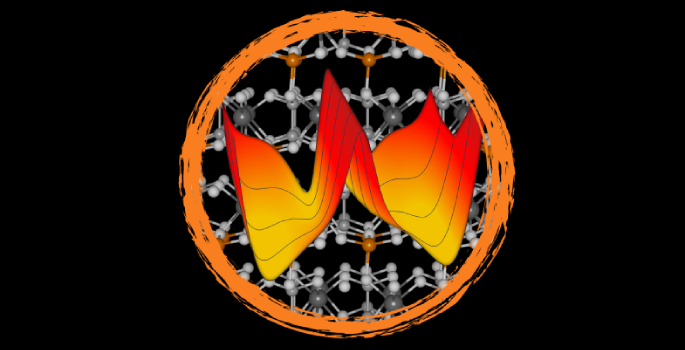
Discovery in ferroelectric material reveals unique property, promising application potential
A discovery from a team of physicists and other researchers is breaking new ground in the study of ferroelectricity, a characteristic of certain dielectric materials that are used in high-technology applications. Read MoreNov 18, 2019
-
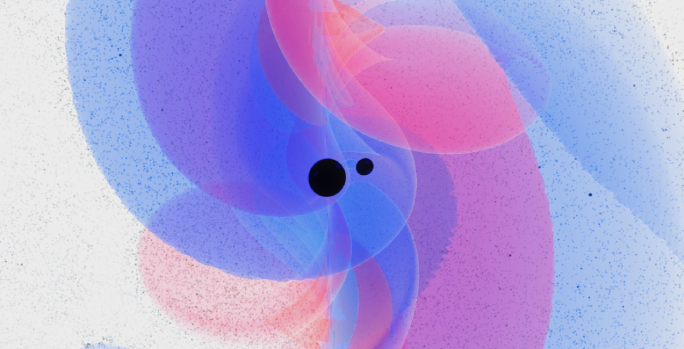
Here’s how a Vanderbilt astrophysicist plans to observe a black hole ‘symphony’ using gravitational wave astronomy
New research led by Vanderbilt astrophysicist Karan Jani presents a compelling roadmap for capturing intermediate-mass black hole activity. Read MoreNov 18, 2019
-

Vanderbilt astrophysicist and National Academies committee publish report on effective STEMM mentorship
A National Academies committee, featuring Vanderbilt astrophysicist Keivan Stassun, published a report and resource guide on effective mentorship in the fields of science, technology, engineering, mathematics, and medicine. Read MoreOct 31, 2019
-

Professor, Chemist, Mentor: Steve Townsend, assistant professor of chemistry
Steven Townsend, whose research into human milk could one day help all babies get their best start in life, is also a committed mentor devoted to helping young scholars get the best start on their careers. Read MoreOct 29, 2019
-

National Academies committee including Vanderbilt astrophysicist publishes review of latest NASA Science Plan
An astrophysicist at Vanderbilt is part of the committee behind a review of NASA’s updated Science Plan, a five-year strategic roadmap for NASA’s Science Mission Directorate. Read MoreOct 18, 2019
-

EPA-funded study aims to create novel platform for research into long-term neurotoxin exposure
A new Vanderbilt study funded by a grant from the Environmental Protection Agency seeks to construct a new platform and reliable approach for future studies into organophosphate compounds, such as pesticides, insecticides and similar nerve agents. Read MoreOct 16, 2019
-
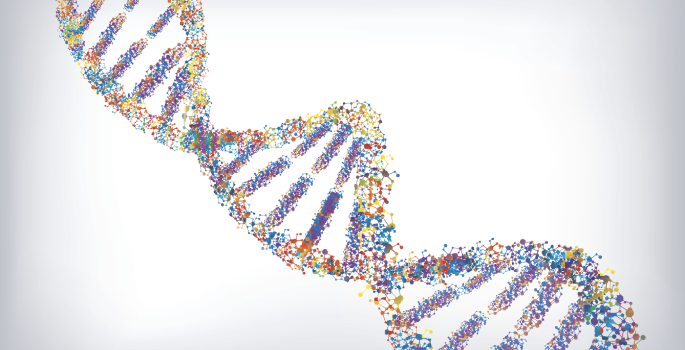
New method reveals how differences in the genetic “instruction booklet” between humans and Neanderthals influenced traits
When it comes to our differences from Neanderthals, most of what we know comes from comparing fossils. But fossils can only tell us about bones and not whole living organisms. That’s changing thanks to a new paper from a team of genomics researchers at Vanderbilt, who… Read MoreOct 7, 2019
-
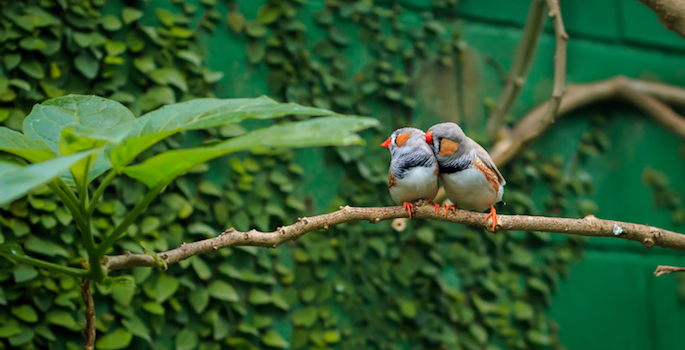
High standards of female songbirds could be driving their mates to evolve
Picky females force male songbirds to become better singers. Read MoreSep 4, 2019
-

Rare study of Earth-sized planet uses technique pioneered by Vanderbilt professor
A groundbreaking study, using data from NASA and a technique pioneered by a Vanderbilt professor, is giving humankind a glimpse at a distant exoplanet with a size similar to Earth and a surface which may resemble Mercury or Earth’s Moon. Located nearly 49 light-years from Earth, the planet known… Read MoreAug 19, 2019
-

Rokas to lead budding cross-disciplinary collaboration on evolutionary studies
The Vanderbilt Evolutionary Studies Initiative seeks to position the university as a global leader in evolutionary studies by engaging a large group of scholars who share this research interest. Read MoreAug 14, 2019